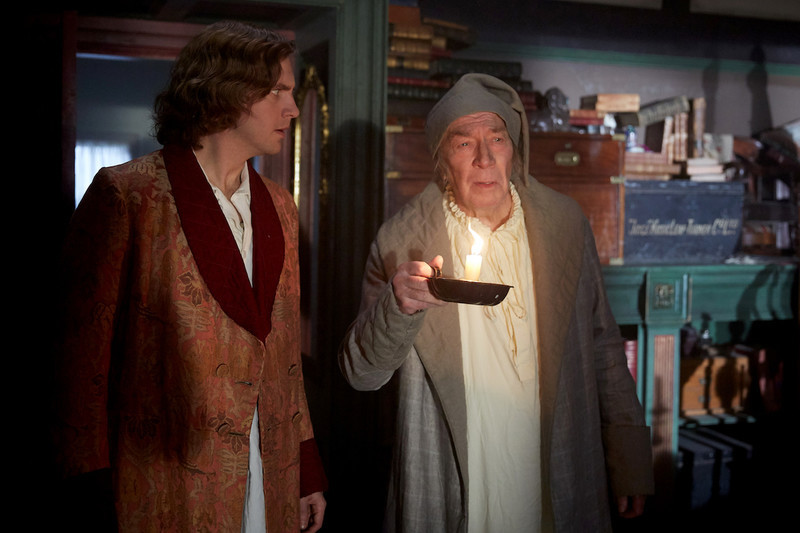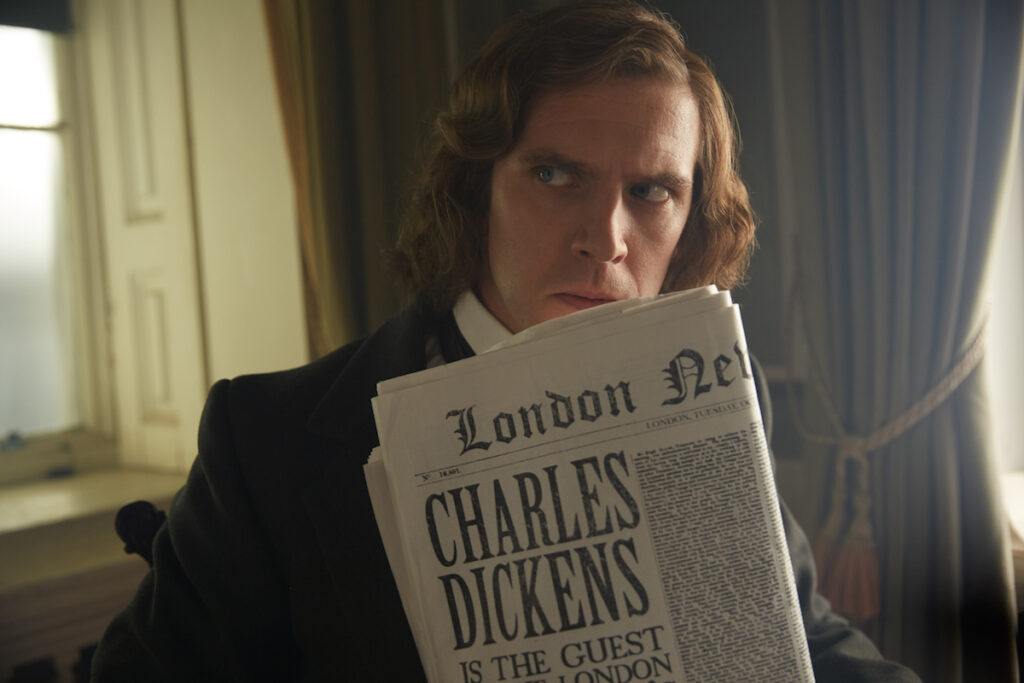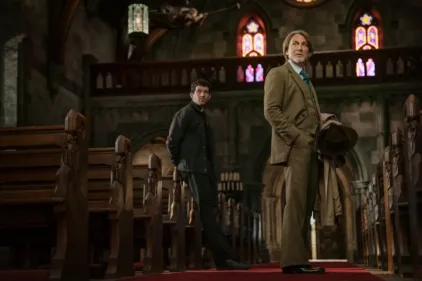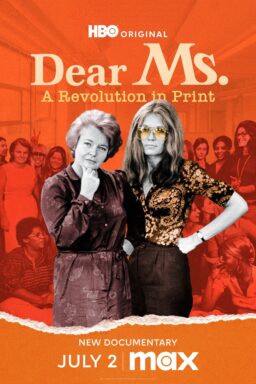Charles Dickens’ A Christmas Carol is one of the most beloved of all holiday traditions, with dozens of movie adaptations. Scrooge, the miser transformed by the visit of three ghosts into a man of compassion and generosity, has been played by everyone from Alistair Sim to Patrick Stewart, Mr. Magoo, Michael Caine, and his avian namesake Scrooge McDuck. The book, which was written in six weeks and sold out within a week of its 1843 publication, transformed the understanding of his society about the meaning of Christmas and of every generation since.
In “The Man Who Invented Christmas,” Dan Stevens (“Beauty and the Beast,” “Downton Abbey”) plays Dickens, under a lot of pressure following poor sales, big bills, and an impending deadline, but open to the ideas and characters he sees all around him. Like “A Christmas Carol,” this story is filled with heartwarming moments of redemption and what, thanks to Dickens, we think of as the Christmas spirit. In an interview with RogerEbert.com, Stevens talked about what he wanted to make sure not to have in the movie and how an actor, like a writer, has to be attuned what is going on around him.
It must be a daunting challenge to take on one of the world’s most beloved stories.
It would be a lot to live up to if we were making A Christmas Carol again. This is an interesting take on it. I like biopics but I don’t necessarily like cradle-to-grave ones. So it’s interesting to me to take a slice of the life of somebody, such a monolithic figure, just to take six weeks of a life that were pretty formative in terms of how we perceive him and how we remember him. The story behind one of the great works of literature, one of the great cultural moments in western literature and way that we think about that particular holiday sort of interesting and I sort of adored it from a number of angles, literary and cultural and Christmassy and all the rest.
It’s a challenge to tell the story of a character whose most important work is writing.
It’s difficult; it’s a bit like something I talked to [director] Bharat Nalluri about a lot. We don’t want too many shots of the man at the desk scribbling. We get it, at some point he must have sat down and written something cool. It’s a bit like films about painters. It’s only so interesting to watch a guy put a paintbrush on a canvas, if you want to get down to it, it’s about his interaction with the model or something going on in his life. So it was heartening, that this wasn’t just going to be a guy at a desk. We do see him at a desk in a few scenes. But very often is him not writing.
There were a number of different takes on him in this one where I thought, “That’s kind of refreshing.” Just to remember a guy who wrote 20 giant novels of the English literary canon occasionally find it kind of hard to write. And this was one of those moments where he had three books in a row that weren’t that well received. You’ve got Barnaby Rudge, American Notes and Martin Chuzzlewit; interestingly two of them really taking on America and all quite unsuccessful. So he was in a bit of a bind as he had backed himself into a corner. He still had a huge amount that he wanted to say and I think it came through in A Christmas Carol. It is an incredible distillation of the number of things going on in his life within his creative process at the time and it probably comes from just sort of a social satire place really. It was initially intended as a sort of pamphlet on the child labor laws that had come out and he was just so mad about this and so angry at the rise of the rampant industrial capitalism and yet he sort distilled it into something quite, quite beautiful and quite universal.

I love the way the movie shows Dickens picking up ideas and details from all of his interactions.
It is reflective of the universal artistic process. I think most artists would say that they’re influenced by the world around them, actors too, and I like the way that [screenwriter] Susan Coyne was able to weave in lines from characters in the film that we then later hear coming out of Scrooge’s mouth, things that we all know ended up in the book coming out from these characters that he is encountering. He overhears a man talking about workhouses and decreasing the surplus population and you can imagine some ruthless guy saying that at a dinner party and just making Dickens absolutely mad so that he then boiled off back to his study and poured all this into what he was hoping would be a despicable character full of misery and self-loathing.
The book has stayed relevant for more than 170 years.
It has a lot to say about those in positions of power and wealth and influence and how they wield that in the world around them and how much they’re prepared to overlook in the society around them. That has not changed, and neither has the possibility of redemption. In Dickens’ time, though, it was very unusual to have a character that time travels and went through his own life. It’s almost sci-fi in a way the way he travels back. But also he’s able to go from the archetype of a really not very pleasant character, overnight he’s transformed. And that goes back in the history of theater and literature. You have these archetypes and they pretty much stay bad. The fatal flaw is ultimately fatal. The bad guy comes on stage and we know who he is and he stays pretty bad; he might learn a lesson but here there is more because there is redemption. He has a second chance. He goes through this transformation. It’s so epic and so full of hope that somewhere inside there must be good in this man and that gives us hope about ourselves and the people around us and the possibility of change.
Your character interacts with real-life people, friends and family and even a rival, but also with the characters he is creating and who seem very real to him.
I tried to blur those lines a bit because I think they were probably quite blurred for him. By all accounts he really did conjure these characters in his room. There’s an account from his daughter where she would come in and find him pulling these weird faces in the mirror and doing weird voices and performing these roles to himself in his study which must have been a really odd thing to walk in and see your dad doing but I really think it was part of his process and so it’s wonderful to see that actualized onscreen. And interacting with Christopher Plummer as Scrooge was just a delight. He was heart and soul into that and he was quite intimidating first as quite the lonely mourner in the graveyard that inspires the character and then as Scrooge as Dickens imagined him. It was a double-edged thing for Dickens where he’s discovered the character that’s going to unlock this story for him and yet it reflects a huge amount of who he is. I think he had a certain self-awareness of this polarity in his personality and really struggled with that.












